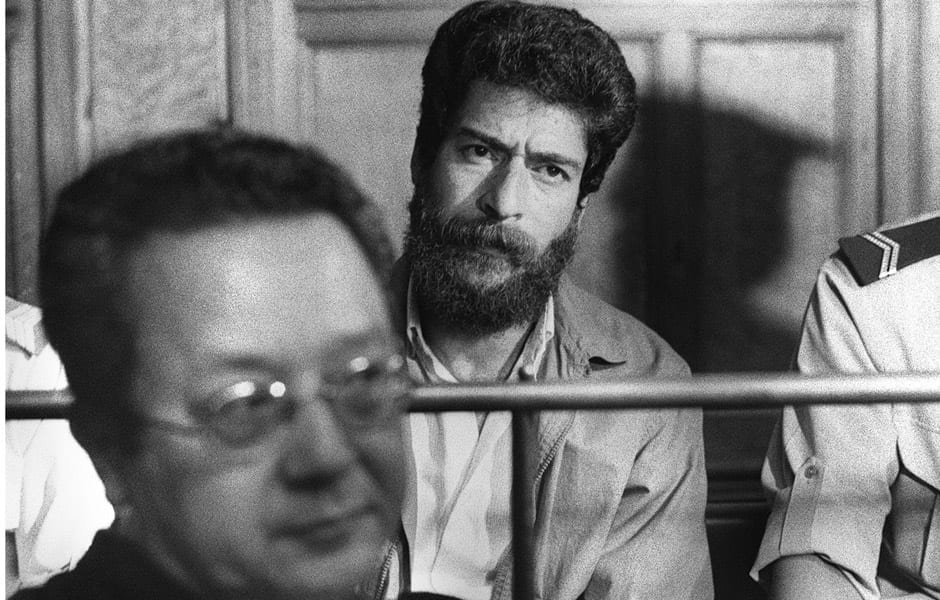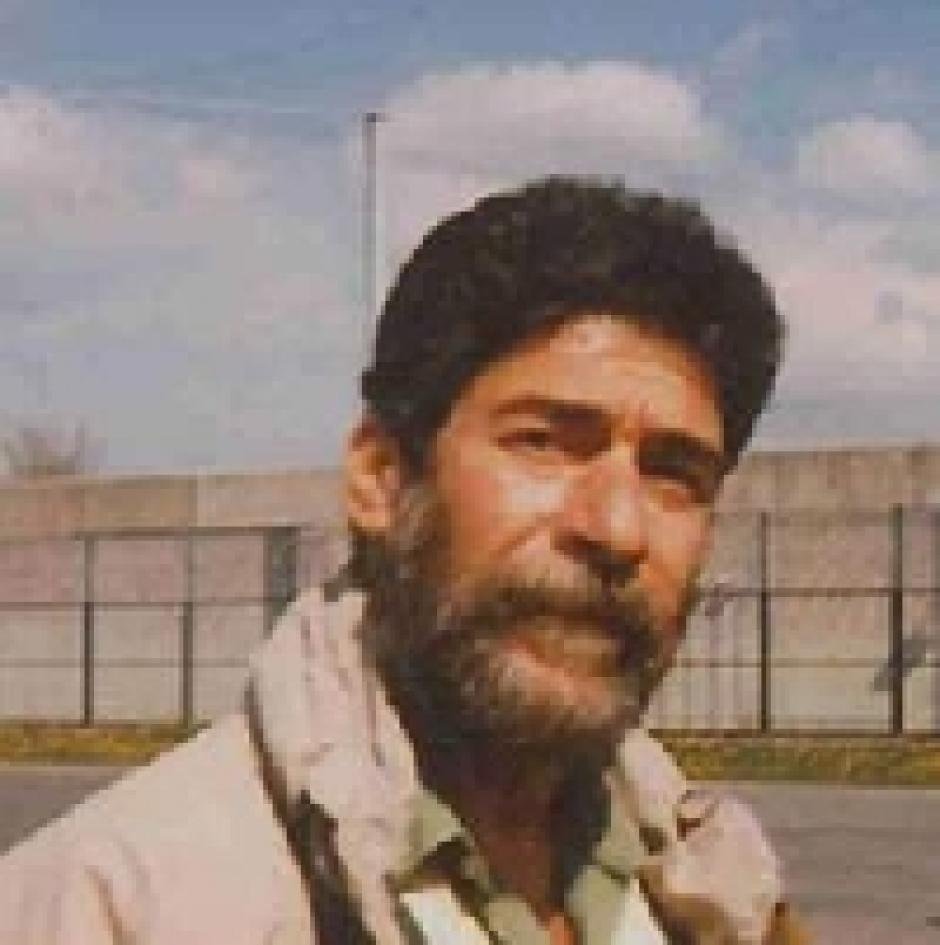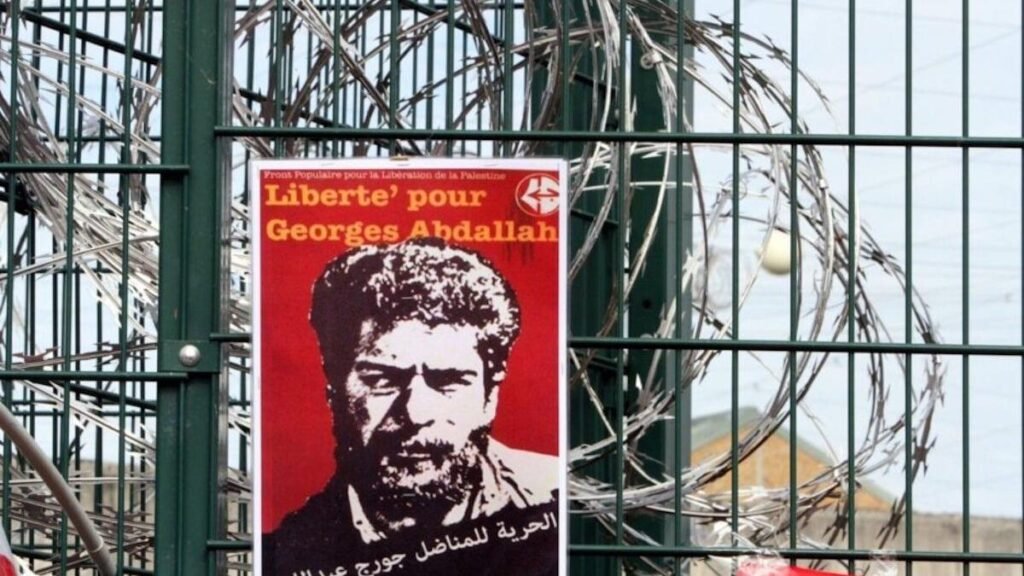
Georges Ibrahim Abdallah, a Lebanese-born Marxist and pro-Palestinian activist, stands as the longest-serving political prisoner in Europe, marking over four decades in custody. Now in his seventy-third year, Abdallah’s story is intertwined with the historical context of Europe’s “Years of Lead” and the Palestinian liberation movement. Imprisoned since 1984 and held in France’s Lannemezan penitentiary, Abdallah remains incarcerated for complicity in the 1982 assassinations of U.S. and Israeli diplomats in Paris. While comparable militants from this period have since been paroled, Abdallah’s continued detention is viewed by many as a glaring exception—a case reflecting the intersection of justice, political influence, and international relations.
The “Years of Lead” and Abdallah’s Role
Abdallah’s involvement in militant activity emerged during an era of political extremism across Europe and the Middle East. Groups such as Italy’s Red Brigades and Germany’s Red Army Faction engaged in violent tactics to promote class struggle. Abdallah, through his association with the Lebanese Armed Revolutionary Factions (LARF), aimed to extend the Palestinian struggle to Western powers, whom he and others viewed as complicit in Israeli occupation and Palestinian oppression. As European governments moved to release prisoners from this tumultuous era, Abdallah’s case diverged, in part due to the high-profile nature of his case and its ongoing resonance within the political climate.
The Legal Battle and “Abdallah Exception”
Abdallah’s continued detention has been characterized by what activists term the “Abdallah exception,” given the unusually stringent application of his sentence compared to similar cases. French authorities have repeatedly denied his appeals for parole despite his eligibility for release since 1999. This treatment is notably stringent, given that even those convicted of similar or more severe crimes during the same period have been released. Abdallah’s case has grown emblematic of the French judicial system’s struggle to balance justice with the influence of political forces—both domestic and international.
A significant factor complicating Abdallah’s release has been sustained pressure from the United States, which has, at various points, directly intervened to prevent his parole. American officials, notably through diplomatic channels, have continued to express concerns regarding his potential release, citing apprehensions about regional instability and possible alignment with militant factions in Lebanon. WikiLeaks documents have revealed explicit communications between U.S. and French officials opposing his release, including a directive from former Secretary of State Hillary Clinton in 2012 urging French authorities to block a court-ordered release.
The Broader Political Implications
Abdallah’s ongoing imprisonment highlights the complexities of French anti-terrorism policies, particularly regarding cases connected to Middle Eastern conflicts. Initially charged under new anti-terrorism laws in the late 1980s, his case is emblematic of a shift in France’s legal approach, shaped by mounting fears of political violence associated with the Middle East.

French authorities’ continued refusal to release Abdallah reflects not only his personal legacy but also broader dynamics within France’s counter-terrorism stance, where political considerations frequently intersect with legal judgments.
Abdallah’s case has gained symbolic resonance among activist communities advocating for Palestinian rights and anti-colonial causes. As a high-profile figure who has never renounced his political convictions, he has become a symbol of resistance and the enduring struggle for Palestinian sovereignty. For his supporters, Abdallah’s incarceration reflects an unwillingness within the French justice system to reassess his case independently from the prevailing political narrative.
Public Protests and International Advocacy
The campaign for Abdallah’s release has attracted support from various advocacy groups, including the Human Rights League, which has called for his release on humanitarian grounds. Annual demonstrations near the Lannemezan penitentiary attract thousands who argue that his prolonged detention is unjust and politically motivated. Within France and internationally, his case has mobilized activists, including those concerned about systemic biases against prisoners from Middle Eastern backgrounds within Western legal systems.
Observers note that Abdallah’s continued incarceration underscores an enduring tension in France’s approach to high-profile political cases. Abdallah’s identity as a Lebanese and pro-Palestinian figure has placed him in a unique and challenging position. Some argue that racial and political biases may influence his case, particularly given recent anxieties surrounding Islamist extremism, despite his Marxist and Christian background.
Legal and Political Uncertainties Ahead
As Abdallah’s supporters await an upcoming decision on his latest parole appeal, his case continues to raise questions regarding the role of political intervention in judicial processes. For decades, legal scholars and advocates have argued that Abdallah’s case demonstrates a troubling precedent for individuals detained on politically sensitive charges. His refusal to express remorse for his ideological commitments adds another layer of complexity, as French authorities appear disinclined to release an individual still viewed as unrepentant in his opposition to Western foreign policy in the Middle East.
While Abdallah’s legal team continues to pursue avenues for his release, the future remains uncertain. His case has become a focal point in discussions on justice and human rights, embodying the enduring legacy of the political turbulence that shaped his actions over forty years ago.


